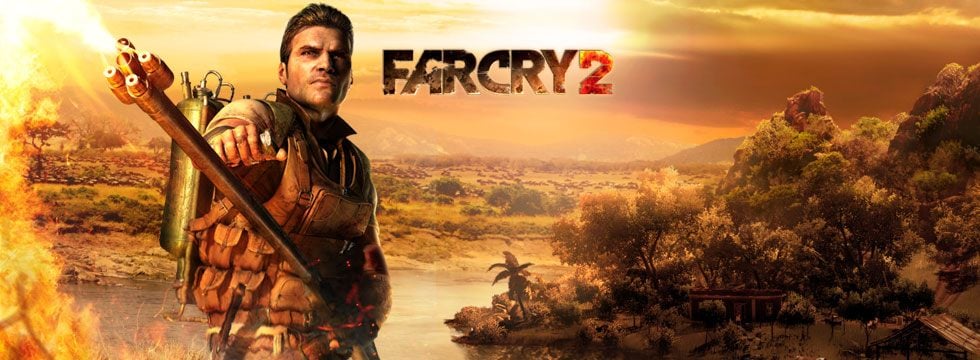

This offseason, MLB pushed for an international draft during collective bargaining talks, and after two decades of considering it a nonstarter, the MLB Players Association was open to the idea. This change of position without justification, we think this is the most important thing here that we will debate in the court." Anaheim, they changed their position unilaterally without our consent. Our clients didn't make any violations of their obligation, and they have completed all their obligations. "We understand that the law is on our side. If Major League Baseball doesn't force the teams to honor their agreements, this judgment won't necessarily stop the practice, but it'll be a precedent. If this does not have consequences, it will continue happening in the future. People need to know this kind of agreement exists.

"If these players don't present this claim to a judge, it will be repeated," said Jose Jerez, a lawyer representing Fañas and Pavon. Hundreds of early deals are agreed to by teams and players each year but the practice would be far less prevalent if a judge deems them legally binding, four high-ranking team executives told ESPN. The potential consequences of the civil actions, which were filed in May 2021 and have not previously been reported, are enormous beyond the millions of dollars in damages Fañas and Pavon are seeking. The Angels and MLB declined comment through spokesperson.ĭespite the growing prevalence of broken deals - players, too, have backed out of agreements with teams to reap larger paydays elsewhere - the cases of Fañas and Pavon are the first known to have multiple hearings in the Dominican justice system, where the law gives greater weight to verbal contracts and their enforceability than the United States, according to lawyers who practice there. The video is posted on the DPL site on YouTube and, a source said, came from an Angels employee. 15, 2021, signing date, Angels employees told Fañas and Pavon they would not offer them formal contracts. Instead, less than a month before the Jan. Sources familiar with the verbal agreements confirmed their existence to ESPN, which viewed a video of the moment Angels employees told Pavon they planned to sign him. Players from outside the United States (including Puerto Rico) and Canada are not officially allowed to sign until they are 16 years old, but those from hotbeds such as the Dominican Republic and Venezuela regularly reach handshake deals with teams when they are as young as 12.

31 hearing, lawyers continued to argue the cases of Willy Fañas and Keiderson Pavon, who alleged in court filings that they agreed to deals with the Angels - Fañas for $1.8 million when he was 14 years old and Pavon for $425,000 as a 15-year-old - but that they were not honored following a change in the organization's front office. Two teenage baseball players are suing the Los Angeles Angels in a Dominican Republic court, alleging that the organization reneged on verbal agreements to sign them, a practice that has grown increasingly common amid a landscape with limited regulation by Major League Baseball.Īt an Aug.


 0 kommentar(er)
0 kommentar(er)
